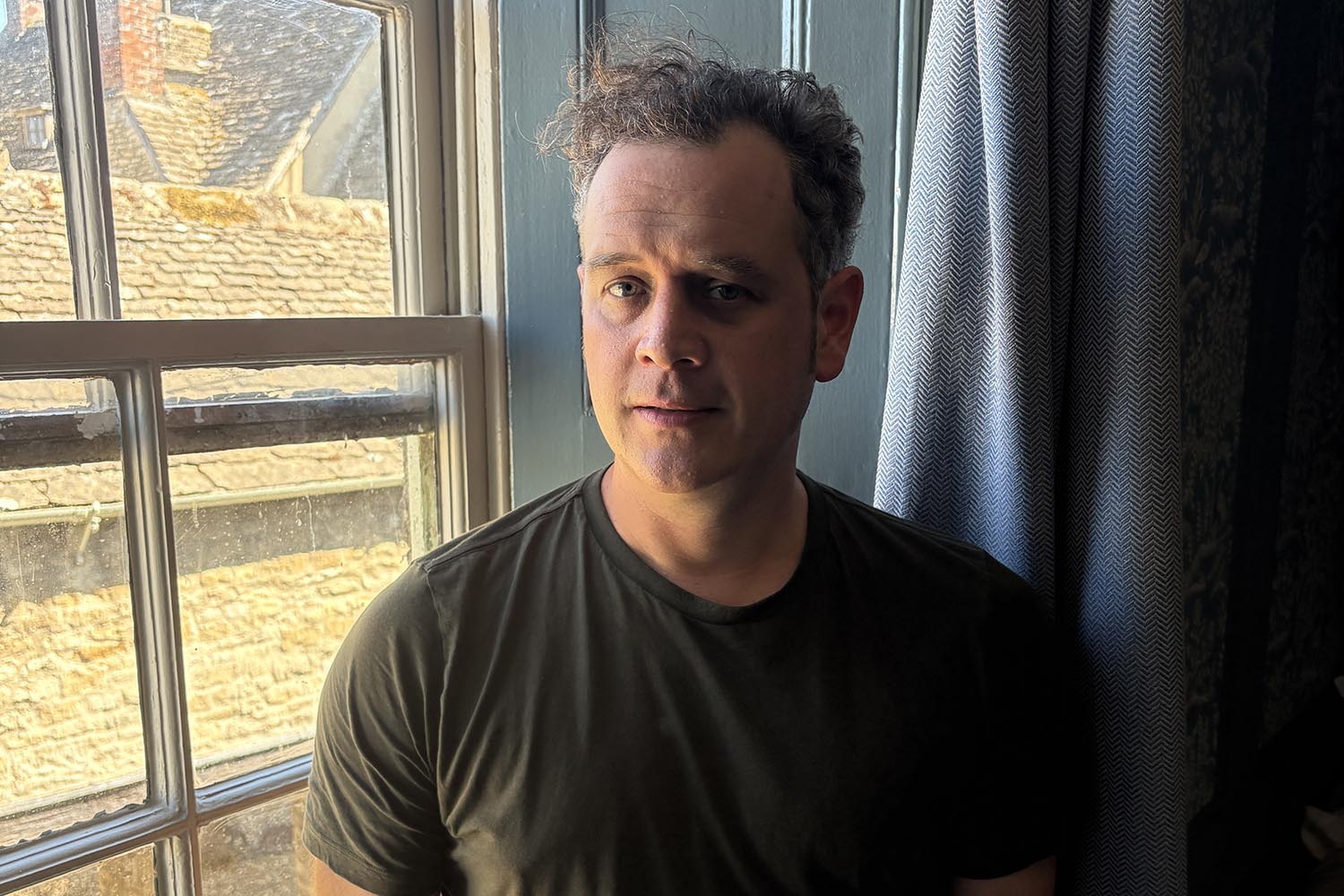The award-winning poet and novelist Luke Kennard was born in Kingston upon Thames in 1981. His first collection, The Solex Brothers, won an Eric Gregory award in 2005. He was the youngest ever finalist for the Forward prize for best collection in 2007; 14 years later he won it for Notes on the Sonnets. Kennard lectures in creative writing at the University of Birmingham. His new poetry collection The Book of Jonah, a riff on the biblical story, is published by Picador on 4 September. His third novel, Black Bag, is out next year.
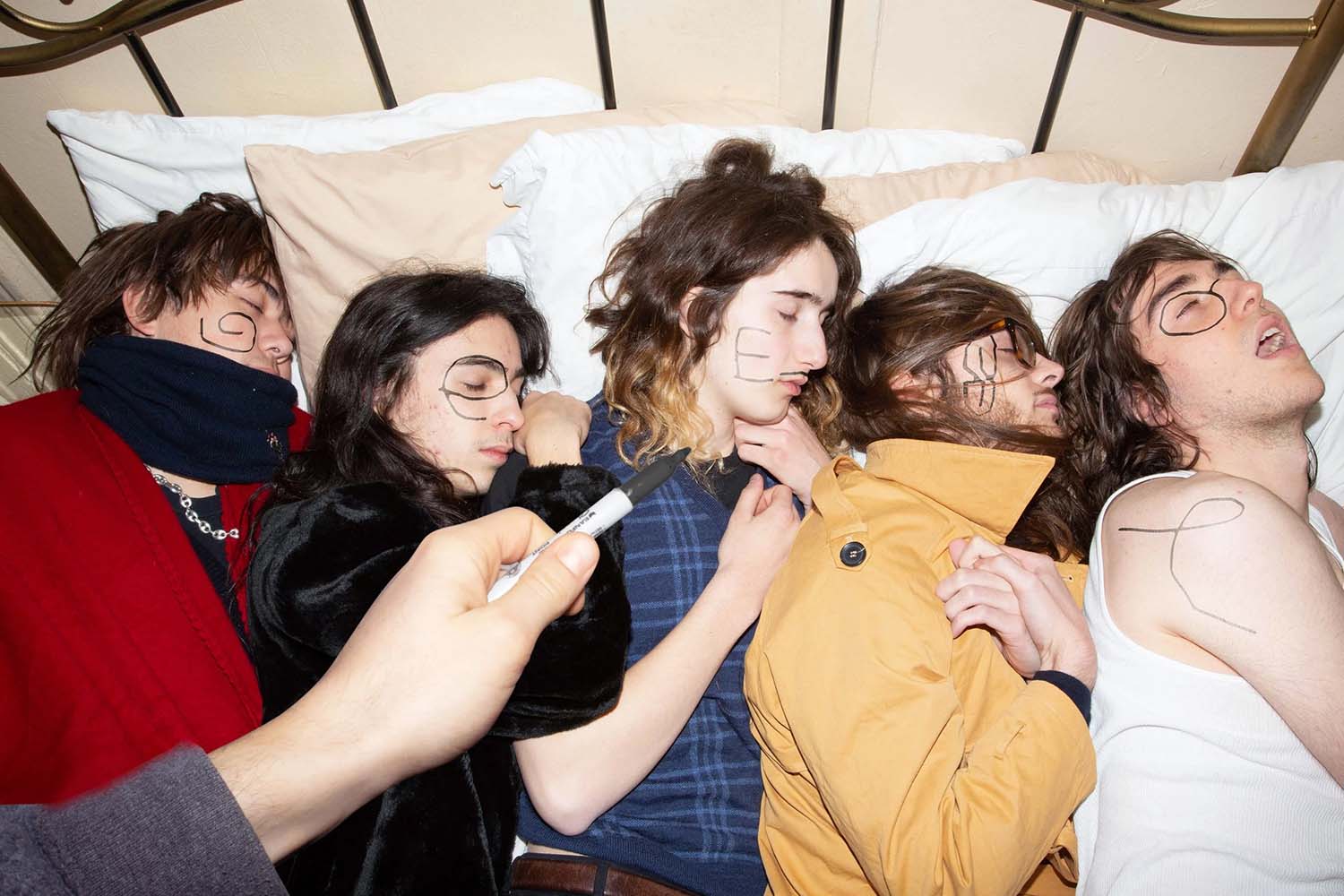
Music
Getting Killed by Geese
I owe a lot of my taste in music to Victoria Segal’s reviews for the NME in the 1990s; a lifelong dedication to American indie and post-rock. Geese’s Getting Killed is the album I’m most anticipating at the moment. They write these eclectic, beautiful songs, restlessly taking inspiration from all kinds of places and eras. I love Cameron Winter’s voice; I don’t think there’s anything he can’t do, from crooner to screamo. The chorus of Trinidad is just him shouting “There’s a bomb in my car!” over and over again.
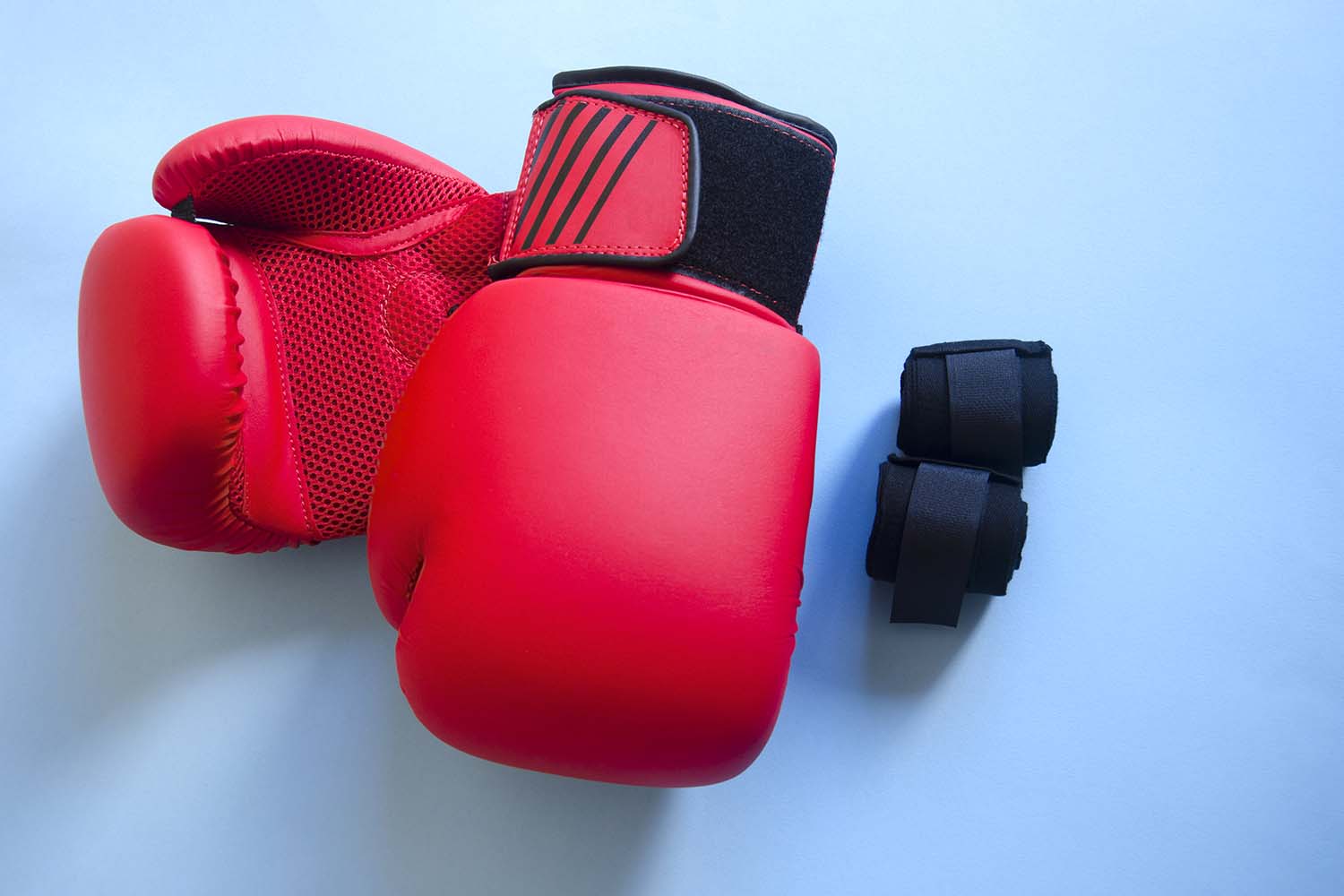
Hobby
Boxing
My 13-year-old, apropos of nothing, got really into boxing. He trains three times a week and I take him to fights as often as possible. These usually happen in the conference rooms of airport Holiday Inns. My favourite local fighters are Traie Duberry and Liam O’Hare, a former ballet dancer who celebrates victories with a triple tour en l’air. If you book a luxury ticket, you get chicken in white wine sauce and dauphinoise potatoes at the ringside while you watch, which makes me feel like I am in an experimental film about my own indifference to violence. This is not something I was expecting to get into in middle-age.
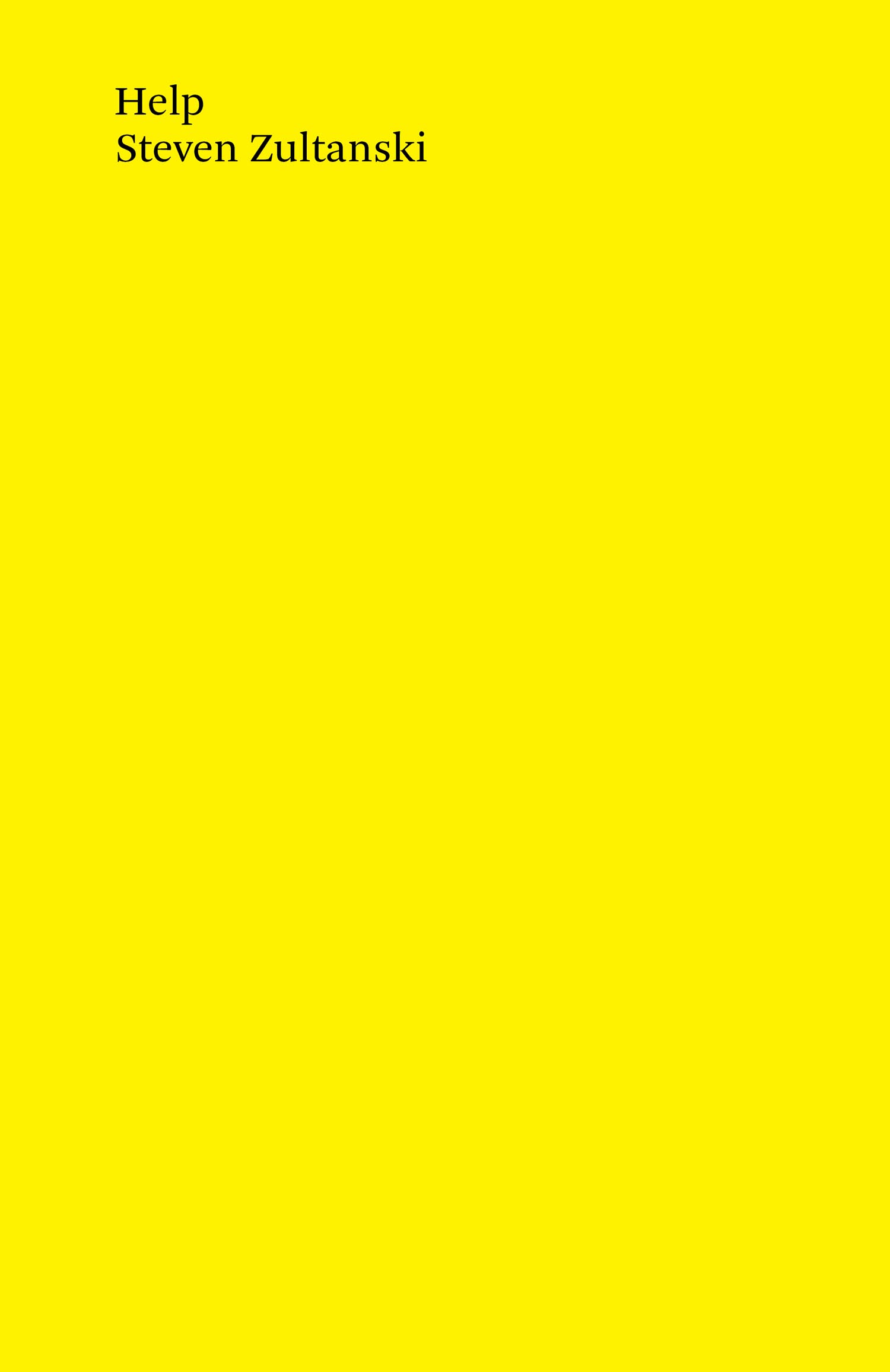
Poetry
Help by Steven Zultanski (Tenement Press)
Zultanski has written 10 collections and collaborated on films with the British artist Ed Atkins. Some of the long poems in Help transcribe conversations between friends with prompts like “recount a death that you remember”. Then the text is the conversation, laid out like a play. Another long poem is someone repeatedly being offered a glass of water. A lot of poetry leaves me irritable, but Help is painfully funny, minutely observed and showers life with meaning again.
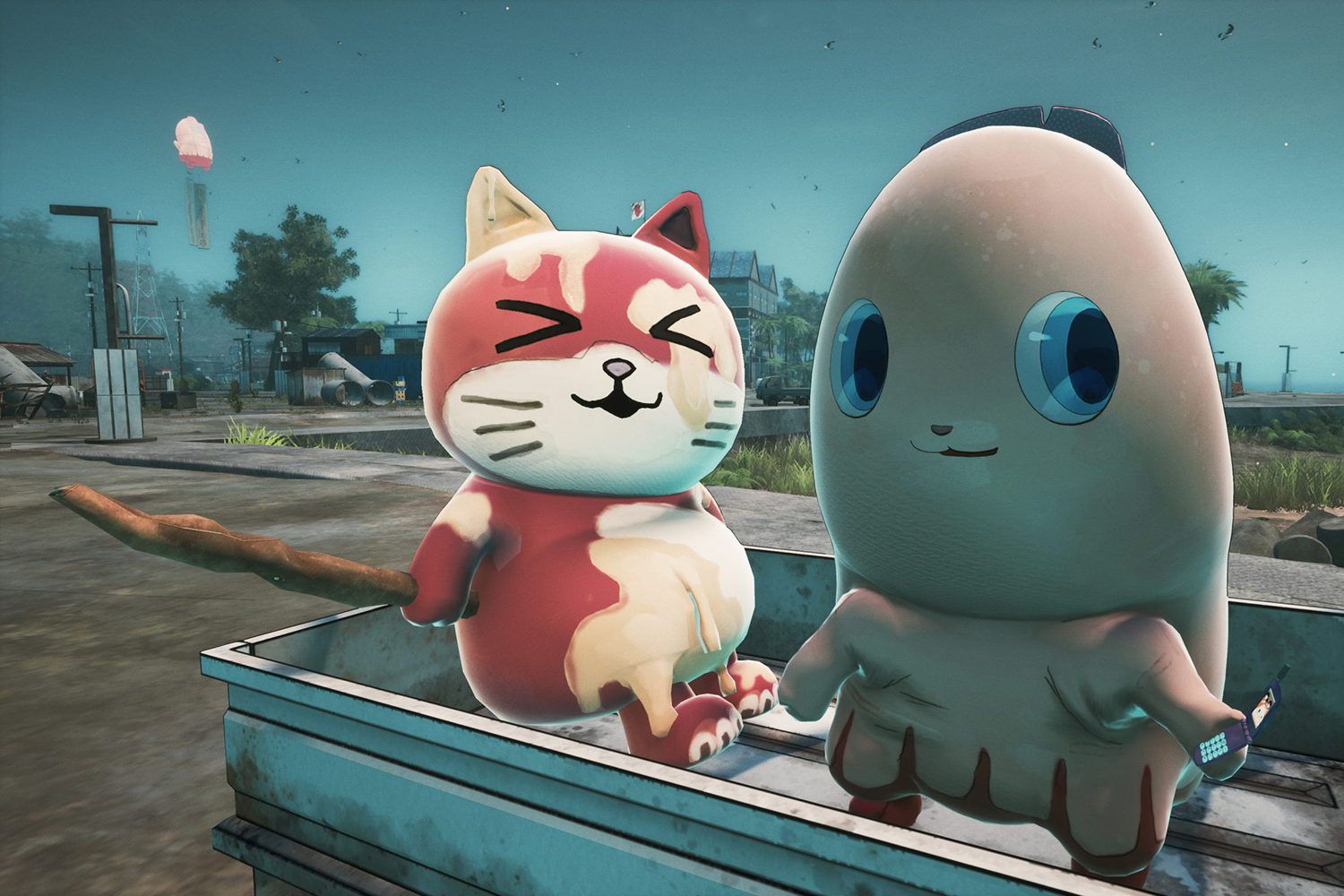
Video game
Promise Mascot Agency (Kaizen Game Works)
The spirit of the wild and eccentric games I remember from childhood is still there in the stuff independent studios make now, but the quality of writing and imagination is just off the charts. In Promise Mascot Agency you play a disgraced Yakuza gangster who has to manage a bankrupt mascot agency in a cursed town to redeem your reputation. Your first employees are a giant block of tofu with attachment issues and a cute severed finger called Pinky. It’s a surreal combination of adventure, exploration and resource management. The same team made Paradise Killer, which is one of the most original story worlds I’ve encountered in a game.
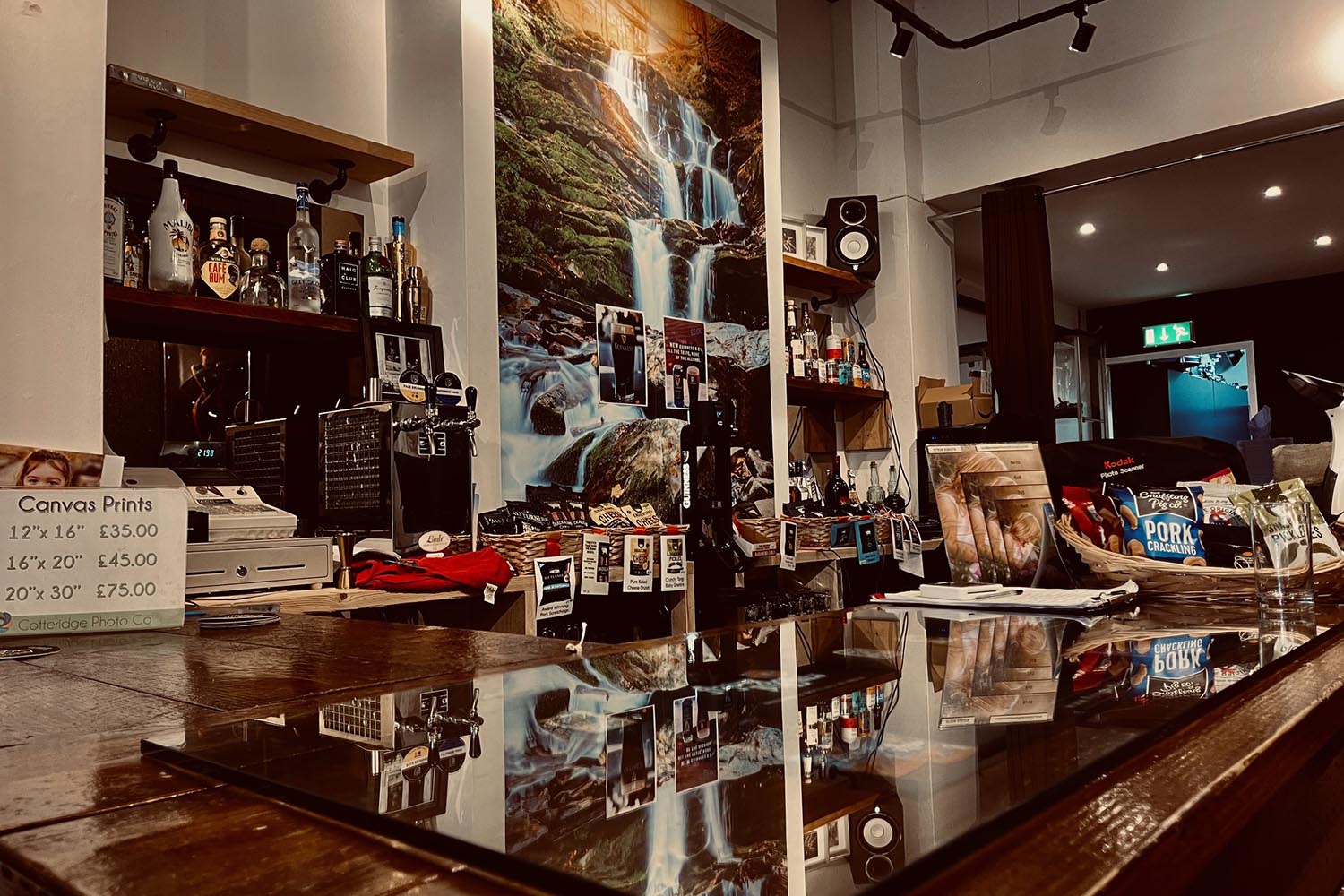
Pub
Picture and Pint, Cotteridge
I love drinking, and wish I drank more. The camera shop where I used to get passport photos done – before you could just use your phone – has recently turned itself into a camera shop and bar called Picture and Pint. It’s part of a rich independent bar scene in south Birmingham. I like the fact that you can go out for a properly sociable time or just sit quietly with a book while you wait for your son to finish his boxing lesson.
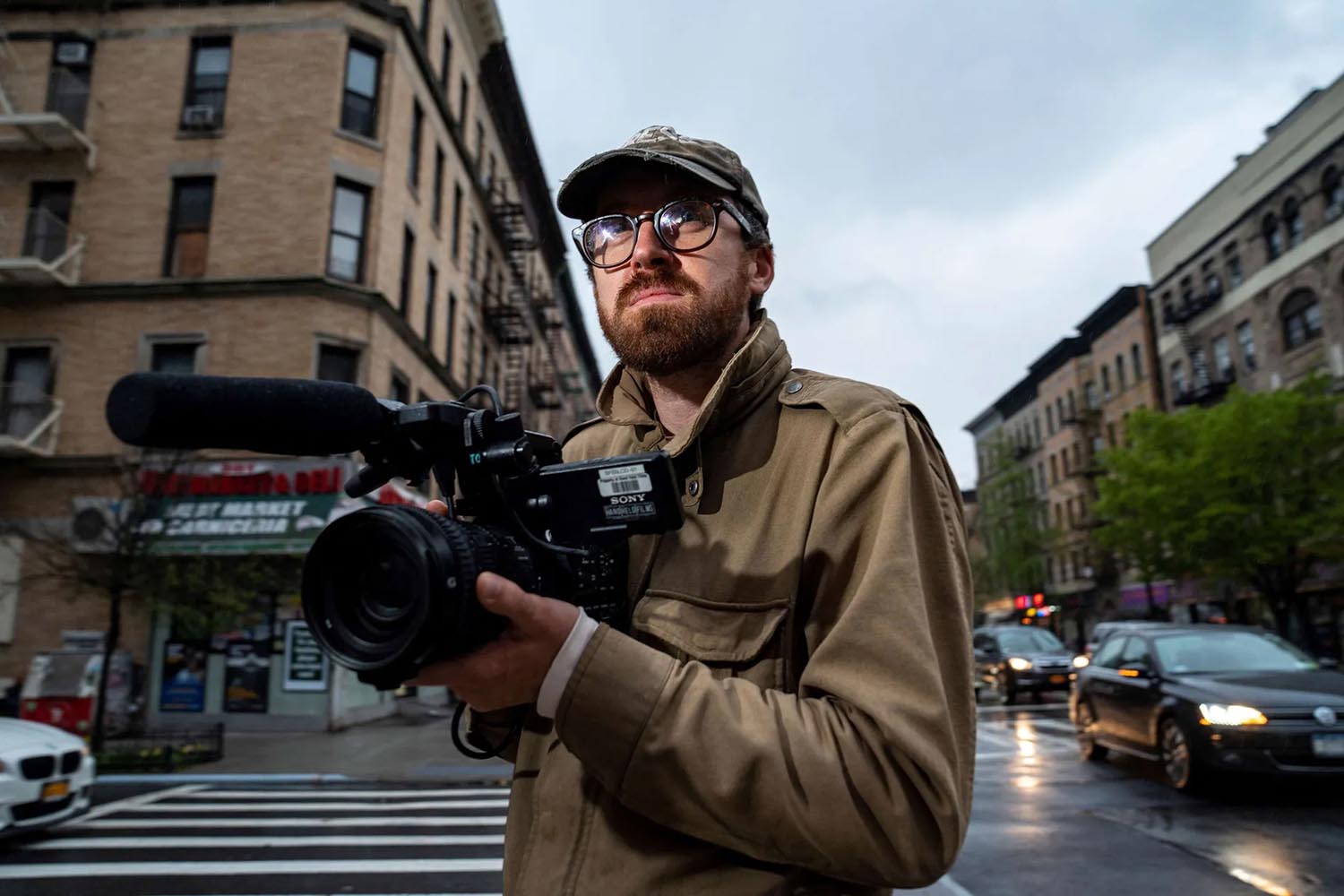
TV
How To with John Wilson (BBC iPlayer)
This is my favourite portrayal of New York City since Sesame Street. Wilson makes very personal documentaries in the guise of instructional explorations about everyday problems: the struggle to find a public toilet; how to clean your ears. There are some really memorable arcs, including the unexpectedly sinister side of a cappella singing competitions. It’s beautifully crafted and makes provocative points about documentary, memoir and truth, while remaining charming and seemingly casual. There’s also a gentleness to the way he treats his subjects that makes the whole thing feel uplifting and humane, with the occasional swerve into vertiginous terror.
